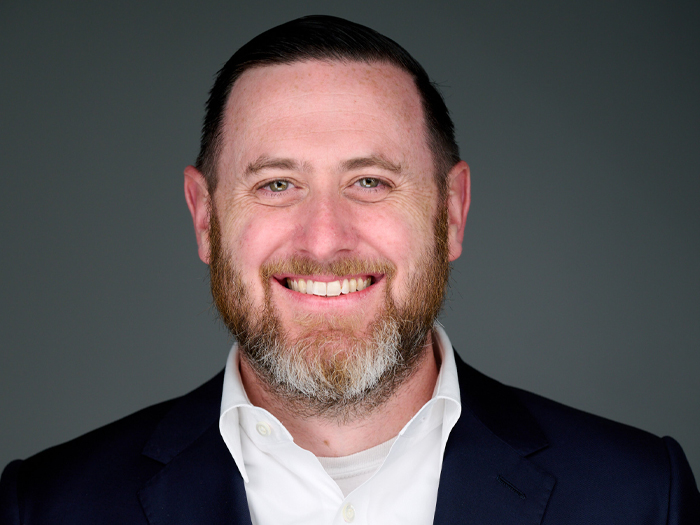A Risk Manager Converses with a Robo-Caller. The Ending Isn’t What You’d Think
“Hello Jack. This is your grandson.”
Thus was the start of the telephone call from someone who apparently knew a few things about my extended family.
“I’m in jail,” the “17-year-old caller” continued — vocal cords apparently damaged by many years of heavy smoking. The story unfolded slowly in response to my questions.
He did not describe a serious offense. He was riding as a passenger in a stolen car driven by a distant acquaintance. Cops found an illegal gun under his seat. A lawyer needs $2,000 to get him out of jail. All in a carefully packaged narrative.
I listened and engaged enthusiastically — as enthusiastic as possible when conducting research on risk management.
By way of explanation, I was in the middle of a project to better understand the risk of spam calls. Our two cell phones and one landline would ring regularly at 11:15 am, 3:45 pm and 5:10 pm. I set out to chat with spam callers and keep a log on my findings.
After all, to understand risk, we must confront it.
I divided the calls into categories. I got the most interesting action from people calling to reduce the cost of my credit card debt to zero percent interest.
Repeatedly, I gave partial information about my credit card. Then, after a few minutes on hold, the caller would tell me the current balance due on the account and my last transaction — both down to the penny.
What’s that about?
Risk Lesson Number One: Our Personal Data Isn’t All That Private
Next, I asked each credit card caller:
- Why would you do this for me? Response: Because of your good credit card rating.
- How much does it cost? Response: Nothing. It’s free.
- How do you make money on doing this? Response: A varied assortment of nonsensical reasoning.
On the sixth call, after being transferred three times, I learned about the definition of “free.”
I would pay nothing, but the balance on my new card would be $1,500 higher than the balance on my old card. I would pay it off without paying interest.
Risk Lesson Number Two: If It Sounds Too Good To Be True, It Is
The credit card calls were handled by a few tough cookies. Bullies, actually, who apparently did not like my always-courteous questions and responses.
The longest such call lasted for 47 minutes. A few of them did not end well.
Some of the exact quotes were shockingly crass. Judge for yourself:
- “You’re wasting my time Motherf***er.”
- “Are you a f***ing idiot?”
- “You’re a senseless piece of sh*t.”
- “You’re f***ing stupid. Don’t make babies.”
- “I have your credit card number a**hole. I’m going to charge $2,000 on it.”
Risk Lesson Number Three: A Lot of Time Is Wasted with Spam Calls. Sometimes Even the Spammers Get Spammed
Another frequent call category was people who wanted me to take out an extended warranty for major repairs on my eight-year-old Lexus.
For a car with 100,000 miles on it, the cost would be $3,600. When I hesitated, they offered a special deal. For me, $2,600. If I still seemed uncertain, I would be switched. On one call, I talked to six different people. None were nasty.
The topic of social security actually had the most calls.
Divided equally between fraud on my account and qualifying for disability, I made new friends. I talked to Tracey twice, many others one time, but Ashley was my favorite.
Risk Lesson Number Four: Even Though I’m in Good Shape, I Might Apply for Disability Just to Visit My New Friends
Other calls dealt with problems and opportunities associated with organizational accounts (Apple, Microsoft, Comcast fraud) and financial opportunities (lower costs of electricity, home heating oil, insurance premiums).
If I used Roundup in my garden, I could participate in a lawsuit to be compensated for my imaginary health problems.
Have I missed my chance to make an “emergency contribution” to support the Trump re-election 10 months before the election?
Halfway through the project, I knew the drill. A computerized voice would say, “Hello. How are you?” When I said “fine,” I got transferred. When I gave a detailed response such as I’m going through a tragic divorce, I lost my job or I was recently blinded in an automobile accident, the computer abruptly hung up on me.
As we took steps to deal with the COVID-19 virus, these calls significantly dropped. They will probably start up again soon. Who knows what new risks they will bring with them?
Final risk lesson? With the exception of the call from my “grandson” in jail, I did not see a great deal of creativity in the calls.
Hmmm — that reminds me. I wonder if he got out. &










